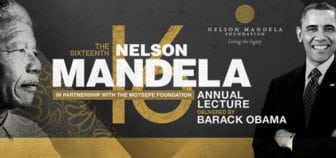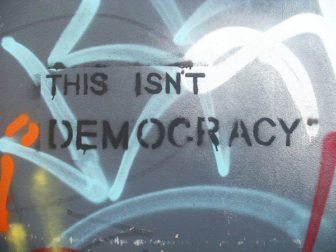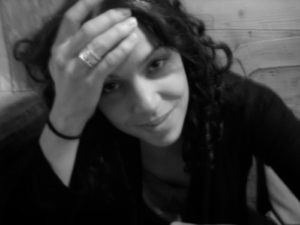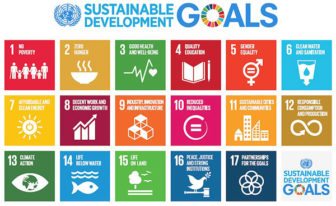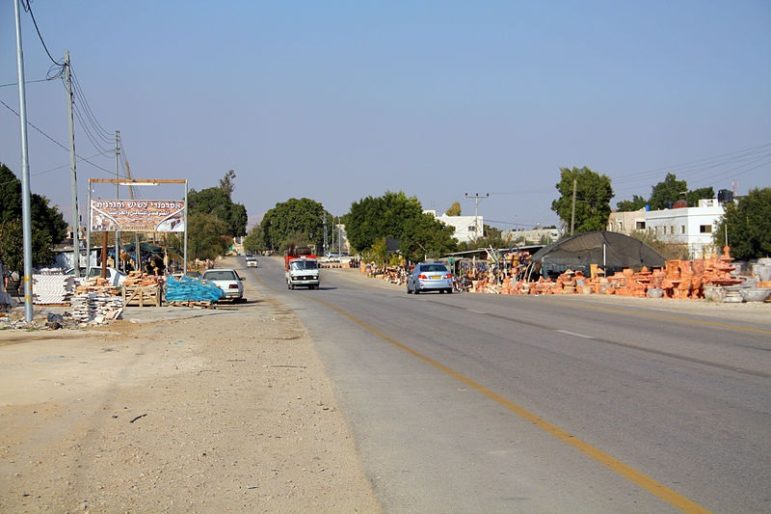
Peace seems so far away when a small, start-up nonprofit organization’s effort to power water pumps for a small date orchard in a West Bank village becomes international news. The date trees are owned by farmers who live in Auja, a village of 5,000 located in the Jordan Valley surrounded by Israeli settlements built since the area was occupied following the 1967 Six-Day War. And water is a growing issue in the seemingly intractable situation.
Deeb Abdelghafour, a senior official at the Palestinian Water Authority, told the New York Times, “In the valley, the underlying aquifer is relatively shallow and has been under pressure from drought for as much as a decade. Electricity is also expensive, and service can be unreliable.”
A 2009 Amnesty International report described the overall water situation in stark terms.
Access to water resources by Palestinians in the OPT is controlled by Israel and the amount of water available to Palestinians is restricted to a level which does not meet their needs and does not constitute a fair and equitable share of the shared water resources. Israel uses more than 80 per cent of the water from the Mountain Aquifer, the only source of underground water in the OPT, as well as all of the surface water available from the Jordan River of which Palestinians are denied any share.
Enter Build Israel Palestine, a new U.S.-based organization. Founded in 2014 by Mark Jablonski and Tarek Elgawhary, BIP describes itself as “a community of Muslims, Jews and Christians in the United States committed to helping people on the ground in Israel and Palestine through cross-border water projects by partnering with locals in Israel and Palestine.” The project in Auja is its first effort and is quite small in scale. The power generated by the new solar panels still provides only a portion of the electricity needed to dependably pump water to the thirsty trees. The total investment is only about $100,000.
Sign up for our free newsletters
Subscribe to NPQ's newsletters to have our top stories delivered directly to your inbox.
By signing up, you agree to our privacy policy and terms of use, and to receive messages from NPQ and our partners.
Beyond the number of gallons that can be pumped every day, Build Israel Palestine’s effort is important because it is one of a very few projects bringing its diverse supporter base together to solve problems in the midst of the political standoff that has made peace seem so very far away. Jablonski recognized that the political reality on the ground was toxic and that distrust between Palestinians and Israelis was very high. Existing organizations that might be seen as a part of the solution were no longer trusted by area residents.
To get the project off the ground, Build Israel Palestine agreed with Auja leaders’ demand that the collection of donors and engineers be “free of any connection to the Israeli settlements scattered across the West Bank on land Palestinians consider their own.” For Jablonski personally, this meant resigning from the board of the Jewish National Fund, which was involved in projects in the West Bank.
Clive Lipchin, the director of a water-management center at the Arava Institute, BIP’s fiscal agent, said the Auja project worked “because it had been done on private land, the details worked out directly with [village leaders] rather than with the Palestinian local or national government.” They didn’t have to seek permission from any political entity.
The first phase of the project is now complete. Build Israel Palestine’s effort was able to separate itself from the fallout of the larger conflict and demonstrate that Jews and Muslims, Israelis and Palestinians can work together to improve lives. But they recognize their effort “is not a substitute for a political solution for the Israeli / Palestinian conflict. We are doing what we can to help people which is needed regardless of the political climate.”
BIP’s willingness to approach the toxic climate on the West Bank from a very different perspective may be more reflective of changes in the American Jewish community than in Israel itself. Peter Beinart, a professor at the City University of New York and a leading American Jewish critic of Israel’s occupation, told the Times that “Mr. Jablonski’s initiative is a sign that younger American Jews are less comfortable with Israeli control of the West Bank than traditional philanthropic groups and their members have been. […] To be willing to take a stand in opposing settlements as part of it…makes it unusual.”
Forty-five date farmers are happy that BIP was ready to see their lives from a new perspective. Will the headlines it has received give their efforts increased support and allow them to expand their scope? Given how frozen the situation seems as governments try to talk to governments, we can only hope so.—Martin Levine



